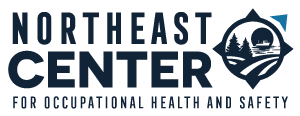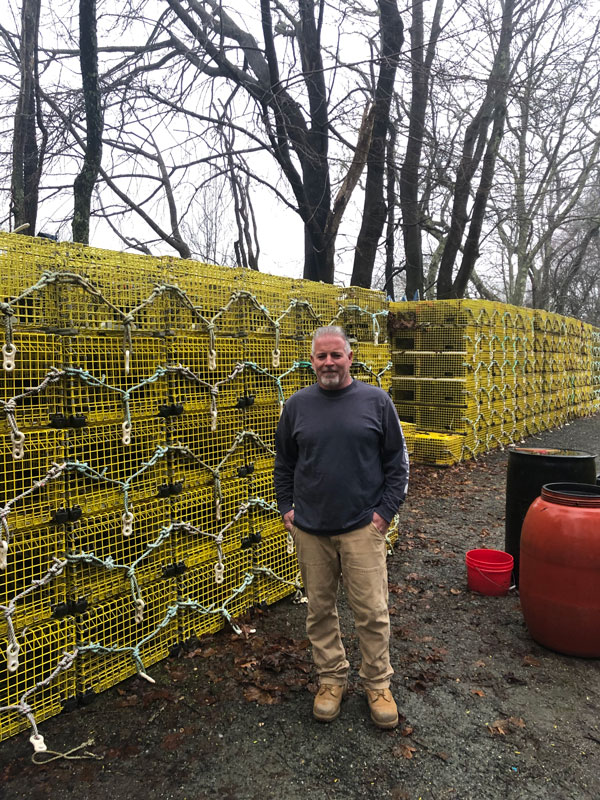
The Challenge
Work for commercial fishers is rife with risk. Weather can be erratic and extreme. The equipment is dangerous. The work intense. An eight-hour work day is rare, and work schedules are often turned upside down by the whims of weather and by access to fish. All these factors can impact fishermen’s sleep patterns, limiting fisheries workers to only a few hours of sleep per day with inconsistent sleep and wake schedules, when sleep is even possible.
The Risks
It has long been understood that lack of sleep poses health risks. It can impact both the overall health of workers and their risk for on-the-job injuries and even fatalities. While this has been studied in many populations, the effects of poor sleep have not been adequately explored in commercial fishermen.
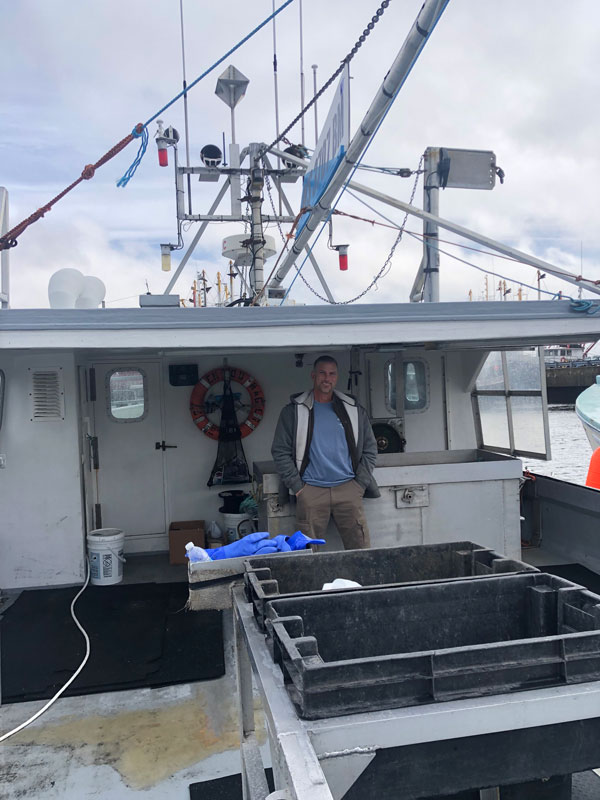
The Opportunity
As far back as 1991, the National Research Council Committee on Fishing Vessel Safety indicated sleep deprivation has been a widely recognized and chronic problem in commercial fishing. Despite the recognized need to understand the impact of sleep debt and develop viable solutions for fishermen, there is an almost complete lack of research on this topic.
The Northeast Center is collaborating on a two-year project with fishermen in Alaska, Oregon and the Northeast to better understand the intersection of sleep and health in commercial fishing. The project—“Assessments of Sleep Deprivation and Associated Health and Cognitive Impacts in Commercial Fishermen”—was awarded a grant through the National Institute for Occupational Health and the U.S. Coast Guard. The project aims to better understand fishermen’s sleep patterns and the possible effects of sleep deprivation on their health and safety.
How Will Participating
Fishermen Benefit?
– a free, confidential health exam, which will monitor and address any current and unknown health issues that the fishermen may be experiencing
– an appointment with an occupational health nurse who can provide lifestyle counseling following the health exam
– access to wearable health devices, such as the FitBit, to gain personal health information and support personal efforts toward good health
– ability to play a central role in shaping the research experience and building solutions
Meet the Study Team
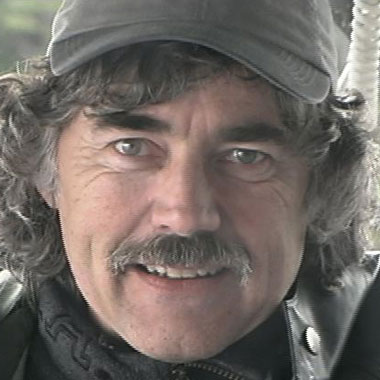
Jerry Dzugan
Lead Trainer, AMSEA
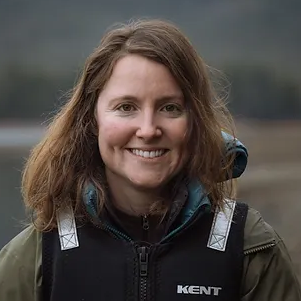
Leann Cyr, PhD
Executive Director, AMSEA, PhD
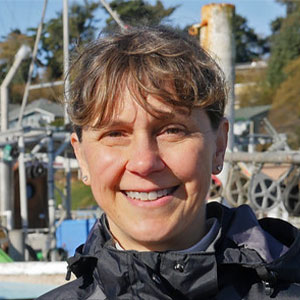
Laurel Kincl, PhD, CSP
Associate Professor, Oregon State University
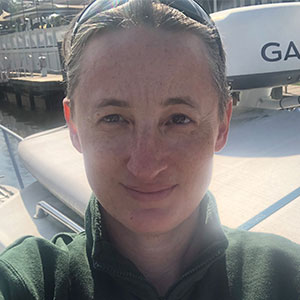
Leigh McCue-Weil, PhD
Associate Professor, Department of Mechanical Engineering, George Mason University
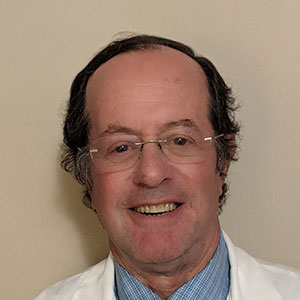
Michael Bauer, MD
Pulmonary Disease Specialist, Bassett Medical Center
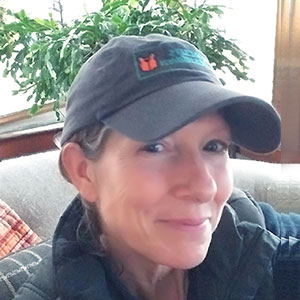
Judy Graham, RN
Occupational Health Nurse, Northeast Center
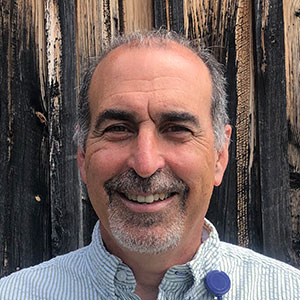
Brian Quinn, MD
Medical Director, Northeast Center
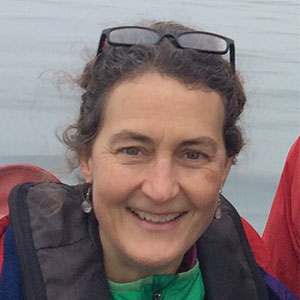
Rebecca Weil, MS, OTR/L
Project Coordinator, Northeast Center
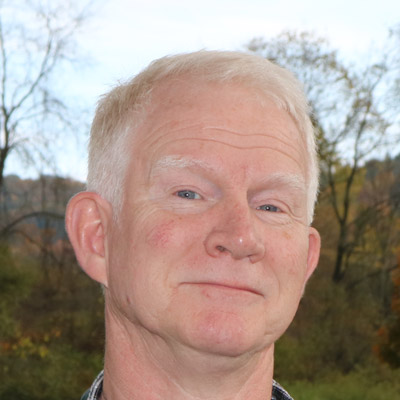
Paul Jenkins, PhD
Statistician, Northeast Center
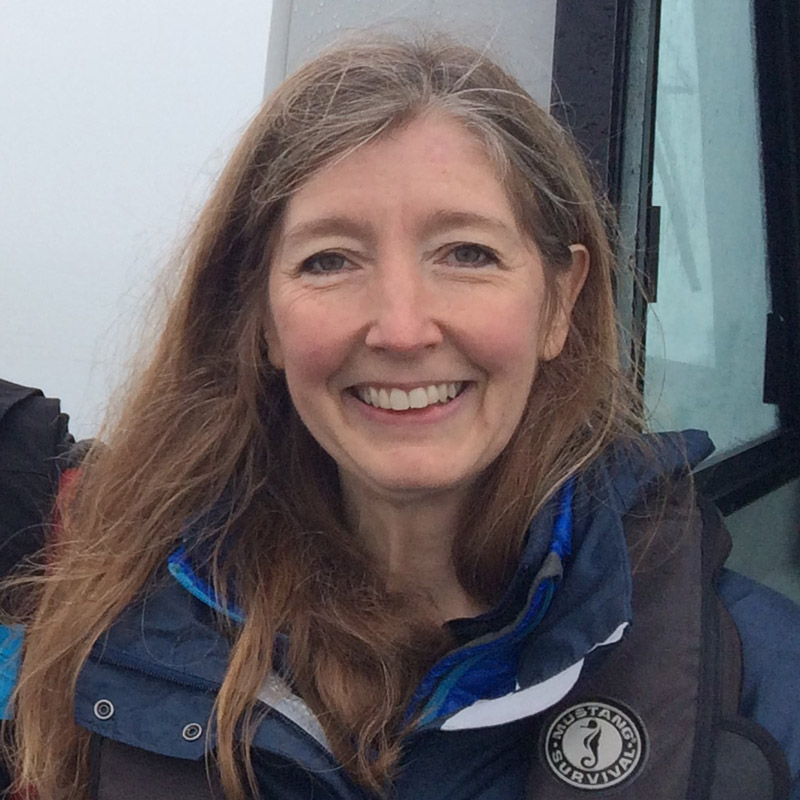
Julie Sorensen, PhD
Director, Principal Investigator, Northeast Center
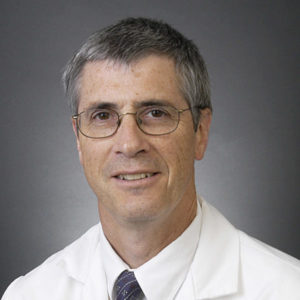
John May, MD
Occupational Health & Safety Physician, per diem, Northeast Center
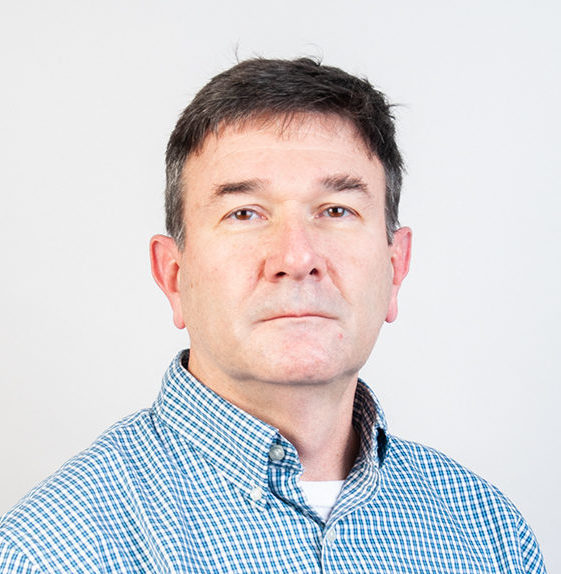
Andrew Demma, MS
Project Coordinator, Northeast Center

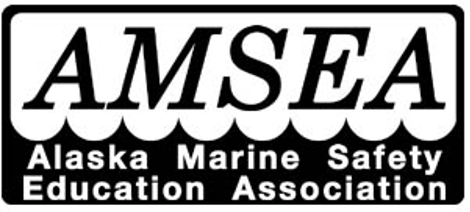


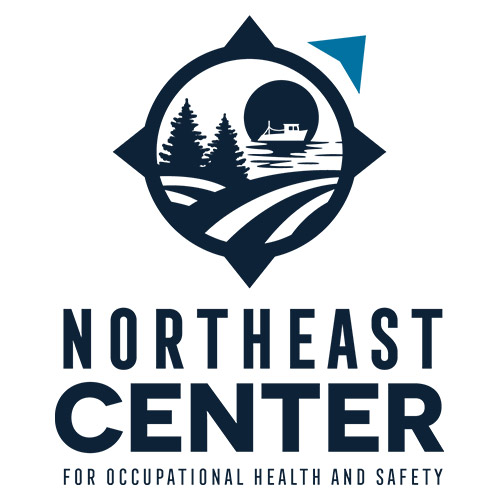
Interested in Learning More?
For more information on this project, call 607-547-6023 or contact us using the button below. We look forward to hearing from you!

